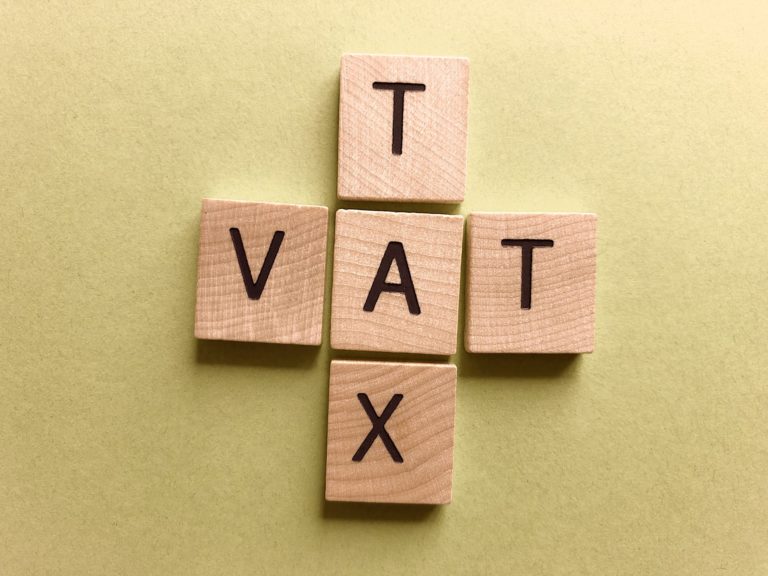Credit Crunch – Is your company creditworthy?
When I was browsing the construction headlines this morning I was struck by something. Four of the stories on a single news page referenced folded companies, Official Receivers and companies ‘unable to continue trading in their current form’. I can’t say it’s anything new. 2018 and the Carillion fallout has come and gone and the talk is still all doom and gloom, with companies dropping like dominoes. It’s all a bit depressing for a Monday morning if you ask me. Particularly when you look at the figures. So when I’ve spoken with my clients about their concerns and mentioned the need for trade credit insurance, I’ve been surprised by the lack of response.
Do you need trade credit insurance?
In Wales we had our own mini Carillion, with the collapse of Dawnus hitting some hard. Recent figures in the news show trade creditors have been left short of £40.4 million. Then there’s the Brexit uncertainty. Along with finance slowly drying up. And the potential for rising material and labour costs. All these factors have made everyone cautious to protect against the domino effect. But the general message I’ve had from sub-contractors is that they don’t think trade credit insurance applies to them.
On reflection, I can sympathise. You’ve factored in the need for insurance for contract works, employers and public liability, professional indemnity. Then there’s legal expenses, structural warranty, residual value and building / contents insurance (and I’ve probably missed a few). Suggesting anything more to squeeze profit out of an already tightly squeezed margin wouldn’t be met with much enthusiasm.
But in the current climate trade credit insurance, otherwise known as bad debt protection, could be a lifeline. Even if you aren’t considering protection for yourself know that your suppliers may well be.
What effect could a bad rating have on your construction company?
A bad credit rating could seriously impact your ability to get trade credit. Policies are limited by a credit limit which the insurer sets at their discretion, so there is a maximum value that can be outstanding to a particular customer. Typically credit limits are considered based off a company’s annual accounts. But when the alarm bells are ringing about a particular industry, insurers often want more detail. And insurers have good reason to be cautious.
In the 12 months to the end of September 2018, the construction industry saw 2927 companies go under. 742 of them were in Q3 alone. In fact, the construction industry had the highest insolvency rate of any sector of the UK economy . The casualty rate came in 28.8% higher than the next sector, forcing credit underwriters across the land to cough up.
When trying to secure new cover, annual accounts are often not enough due to the uncertainty of the marketplace. We are regularly being told that management accounts need to be reviewed, or have had cover rejected due to ‘adverse information regarding payment performance’ being on record. Yes, Big Brother is watching.
Whilst it may feel intrusive for an insurance company to request commercially sensitive figures, insurers deal with the information in the strictest confidence. They are also normally willing to sign non-disclosure agreements.
What can you do to ensure that your construction company is creditworthy?
Co-operating with insurers in the first place can help them consider your account more favourably. Insurers will hold their own information on your company, but you can take a look at your generic credit score by using a service such as Creditsafe. Looking at your own score won’t affect your rating, unlike with personal accounts. All payment information is considered, and your rating is dynamic so it will update regularly.
First things first, consider the basics. Completing your report and accounts early (or at least on time) to Companies House shows good signs. Paying your suppliers within agreed timescales and your bills on time are obvious ways to increase a rating.
Did you know that a CCJ, if not resolved in the first month, could stay on your record for up to six years?
Then you need to consider those you are commercially involved with. If your company belongs to a wider group or parent company then their credit records could have an indirect impact on yours. You should also be checking your existing and potential customers, if you aren’t already. Credit scores will show an average time to pay against the industry standard. You can see how many enquiries have been logged against a company. You can look into a directors’ failed previous venture or staff movement within a company. All of these are warning signs that are easy to spot.
What should you do next?
If all this is making you think a bad debt protection policy is suddenly a good idea, it is best to react quickly. In 2009 the market saw credit insurance all but disappear from the construction sector, or premiums go so high that it wasn’t affordable for most. As Kalpana Padhiar, risk underwriting manager for Euler Hermes said at the time, the risk of underwriting certain business “became too great”.
2019 is no 2009 but market capacity is also likely to be restricted on the sector, so there will be a limit on those who can apply for cover against a company in the first place. All of this sounds like a big headache I know, but the dominoes are still falling. In these uncertain times as the saying goes, hope for the best, but prepare for the worst.
Paul Ingram, Managing Director







